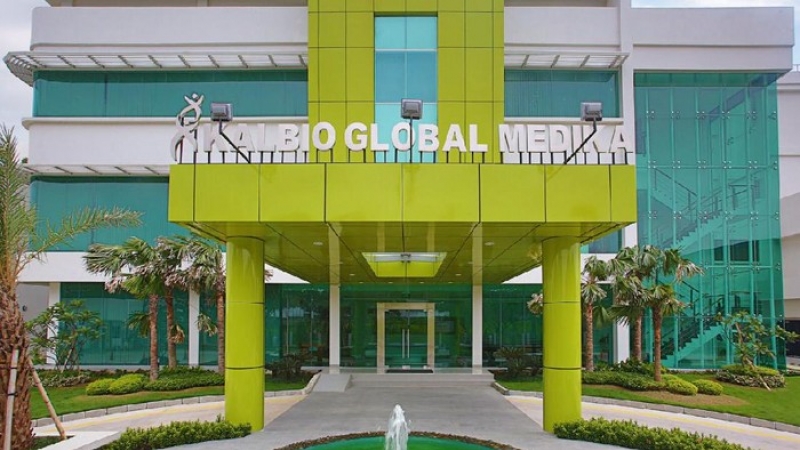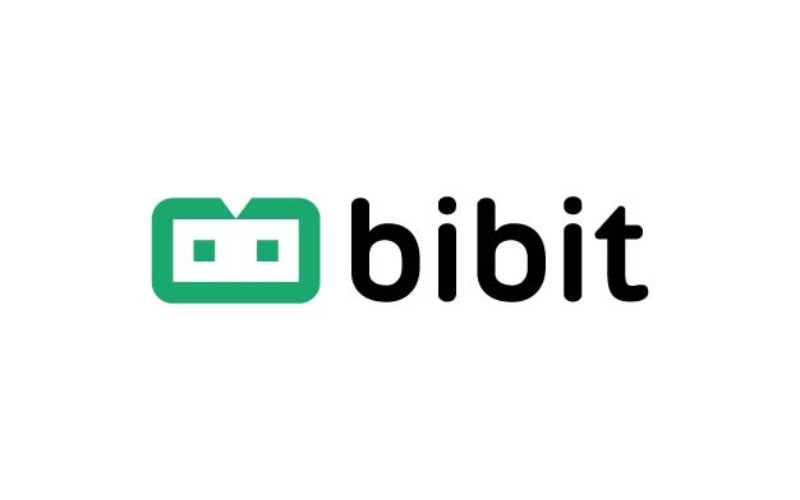vivian
-

Indonesian life sciences company KGBio receives US$55 million investment from General Atlantic
Investment funds will be used to accelerate expansion by increasing the capacity of production facilities and financing the clinical trials of biological drugs.
-

Vietnamese e-wallet Gpay secures Series A funding for team and market expansion
Gpay will use the funding capital to expand its team and customer base, in addition to upgrading its tech solutions.
-

10 Indian startups joins unicorn club in 2020 despite COVID-19 pandemic
While the COVID-19 pandemic is severely impacting businesses across various sectors and countries, the startup scene in India is singing a different tune having seen 10 new startups reaching the $1 billion valuations in 2020.…
-

Indonesian digital investment app Bibit raises US$30 million funding
The funding capital will be further used to expand the company’s products and services.
-

Japan’s Orix to acquire Spanish renewable energy firm Elawan Energy
This deal with Elawan will mark the corporation’s first deal to acquire a majority stake in an overseas renewable energy company.





